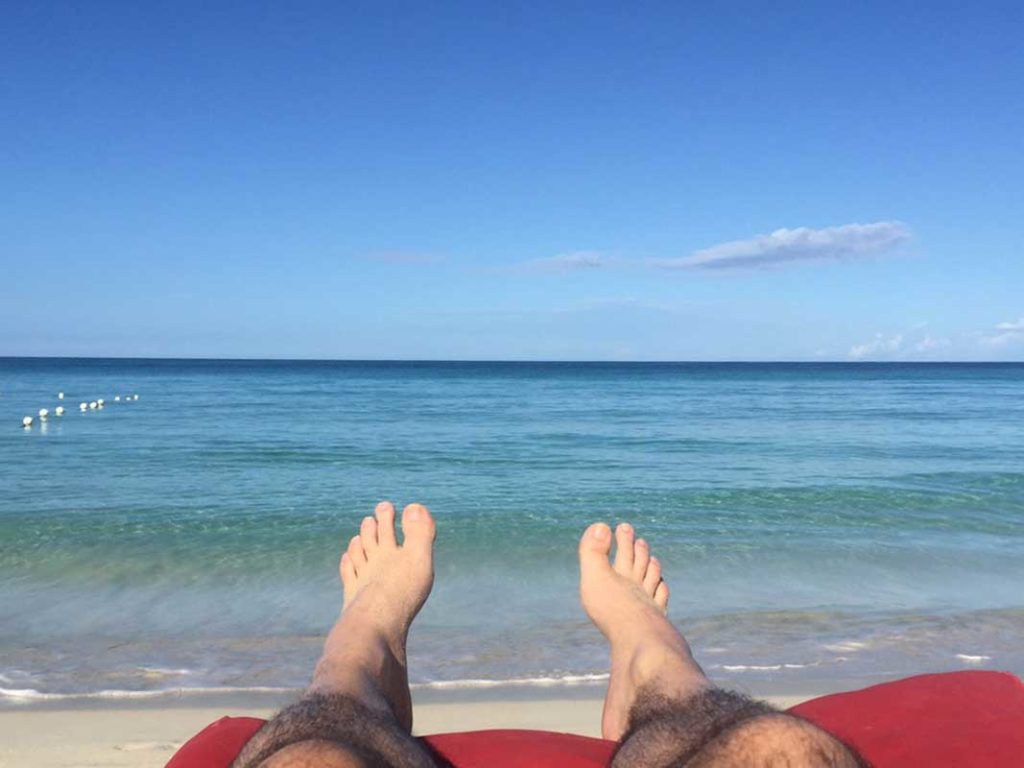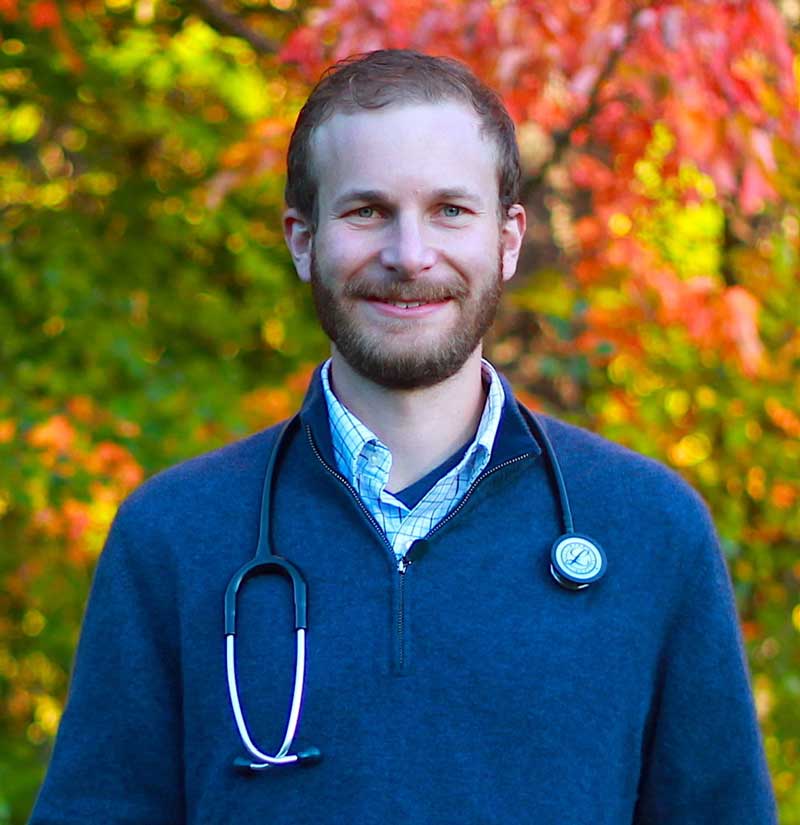
By Dr. Oren Gersten
In recent years concerns have been raised about the effect of sunscreen on both human health and environmental health. Consequently, there has been a movement away from certain ingredients in sun protection products that may damage coral reefs and potentially harm humans. We must weigh these risks against the known risks of sun damage which include higher risk of skin cancer.
On May 24th, 2021, new research added an additional piece of evidence to the mix. Valisure, an independent quality assurance company, published data exposing high levels of benzene in certain sunscreen products1. In fact, the FDA recognizes benzene as a known carcinogen and already sets maximum allowable limits in pharmaceutical products and drinking water. The independent research showed levels of benzene far in excess of safely allowable amounts in many common sunscreen products across different brands.
Valisure published the research as part of a citizen petition to the FDA. It asks for the recall of sunscreen now known to contain benzene and to conduct a formal investigation to substantiate this evidence. Also, the petition calls on the FDA to correct the situation that allowed benzene containing products to enter the marketplace in the first place.
In the coming months additional research is likely to shed light on the subject.
Here are some simple steps you can take to limit harm from the sun, and from sun protection products.
- Use clothing and shade as the first line of defense from the sun. Not all clothing has UV blocking properties especially when wet. If you expect prolonged sun exposure, choose a garment that has a UV protection rating.
- Avoid any product on the Valisure list of products known to contain benzene. The majority of the products are “spray on” so it may be prudent to avoid all spray on products until we have more safety info.
- At this time zinc oxide seems to be the safest active ingredient for humans and the environment. Read the labels of any sun care product to see what ingredients are used.
- Seek medical advice for any concerning moles or other skin findings, especially in sun exposed areas, and especially in older individuals
- Stay tuned for further guidance from the FDA as the agency reviews the growing evidence.

Oren Gersten is a board-certified family doctor. He brings his passion for connecting and caring to his private practice, Portland Direct Primary Care in South Portland. Reach him at (207) 618-9792 or visit PortlandDirectCare.com.





